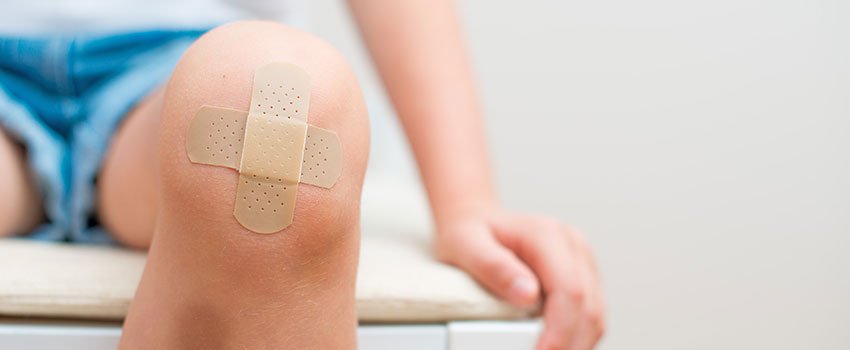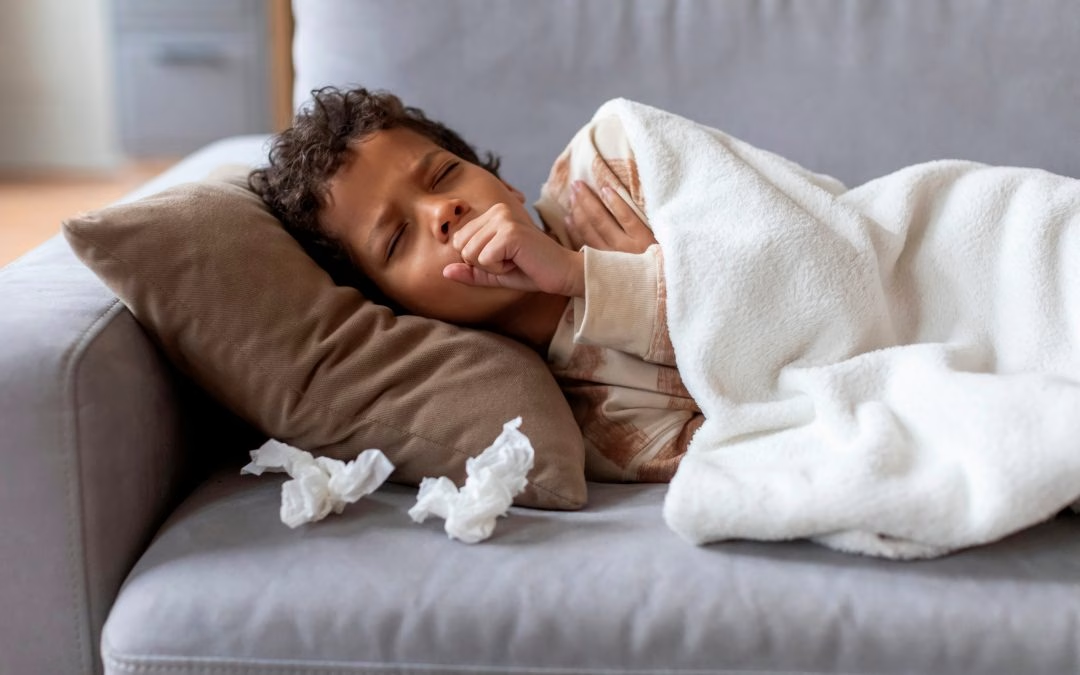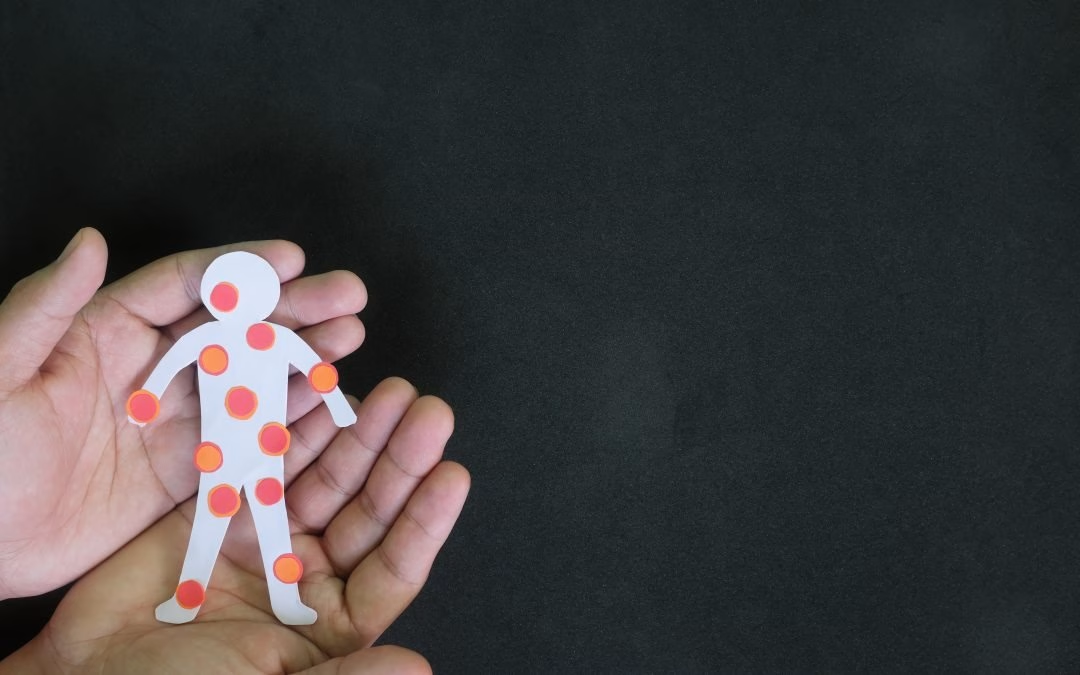
Properly caring for a cut or minor laceration isn’t easy in the moment. In fact, it can be quite intimidating! While most cuts will heal on their own, some will ultimately require stitches to heal properly.
Whatever the case may be, it’s important to know how to do basic first aid on your cut to keep it intact and avoid infection. Our AFC Urgent Care Athens, TN team is here to show you the ropes, so read on!
- Here’s what to do: First, wash your hands. This will help you avoid infecting your or your child’s laceration.
- What to do next: Stop the bleeding. Minor cuts and scrapes usually stop bleeding on their own, but deeper lacerations usually don’t. To work to stop the bleeding, apply gentle pressure with a clean bandage or cloth and elevate the wound until the bleeding stops.
- What to do after: Clean the wound by rinsing it with water. Keeping the wound or laceration under running tap water will reduce the risk of infection. Also, be sure to wash around the wound with soap, don’t use hydrogen peroxide or iodine and don’t get soap directly in the wound. Remove any leftover dirt or debris with sanitized tweezers.
- Next: If your cut is small, apply an antibiotic ointment, like Neosporin. Petroleum jelly works the same, too. Using these things will help prevent scarring and infection and encourage quicker healing. If your cut or laceration is deeper, however, it’s best to just keep your wound dressing fresh.
- After that: Cover the wound. Apply a bandage, rolled gauze or gauze held in place with paper tape. Covering the wound keeps it clean. If the injury is just a minor scrape or scratch that has quickly stopped bleeding, leave it uncovered.
- Action steps to take: Change the dressing often to keep it fresh. Do this at least once a day or whenever the bandage becomes wet or dirty. This will ensure that the laceration or wound is given the optimal conditions to heal.
- Doctor recommendations: If your laceration is more than half an inch long or deep, visit our AFC center to get it stitched up. Even if you don’t know whether your laceration needs to be stitched up, getting the correct diagnosis from one of our doctors will give you peace of mind and will ensure that the wound heals properly.
- Lastly: Watch for signs of infection. Things like redness, increasing pain, drainage, warmth and swelling are signs that the cut is infected, so visit our AFC center immediately if this happens.
We hope you feel better informed about how to take care of cuts and lacerations! If you have any questions or need general medical care, don’t hesitate to visit our AFC Urgent Care Athens, TN center today.


